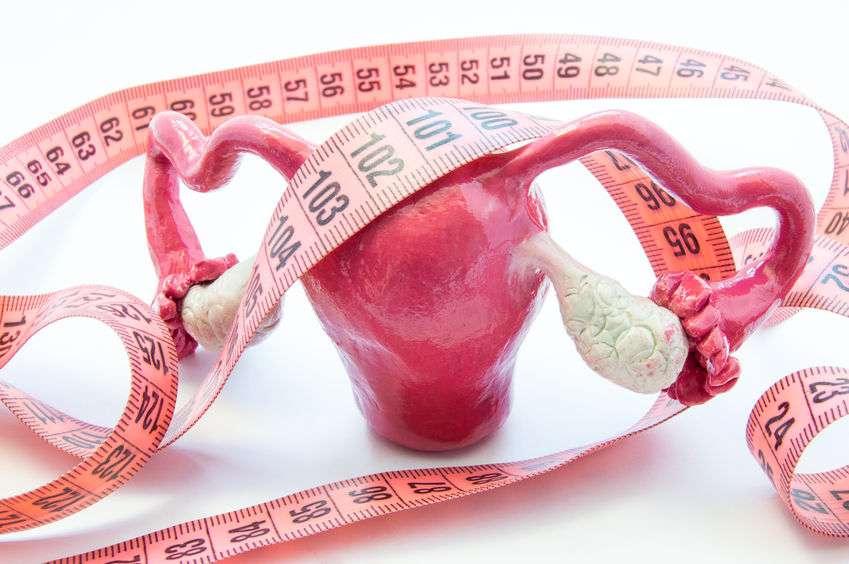Ovarian cancer is a malignant tumor disease that occurs in the ovary. This disease is related to many factors such as genetics, hormones, fertility, smoking, diet, and obesity. When suffering from ovarian cancer, these signals sent by the body cannot be hidden, and timely examination is required
The danger of the disease is extremely high, once suffering the body will send out a variety of signals. So when suffering from this disease, what signals will the body send out?

1. Abdominal distension
Although other intestinal diseases can also cause abdominal distension, in the case of ovarian cancer, the tumor will compress the surrounding organs, stretch the ligaments in the abdominal cavity, and cause abdominal distension.

The duration of abdominal distension caused by this disease is relatively long, so if the abdominal distension exists for a long time, you should be alert to the possibility of ovarian cancer.
2. Abdominal pain
In patients with this type of cancer, surrounding tissue infiltrates or adheres to adjacent tissues, compressing nerves and causing abdominal pain.

Abdominal pain caused by this disease usually changes from dull pain to dull pain, and sometimes the pain can be particularly severe.
3. Edema
This disease will make the tumor grow and fix in the pelvic cavity, compress the pelvic veins, affect the lymphatic return, and cause edema in the long run. The edema caused by the disease generally appears in the lower limbs, vulva, and other parts.

4. Abnormal menstruation
Menstrual abnormalities occur in people with the disease, but this abnormality occurs only in a small number of patients. Abnormal menstruation is mainly caused by the cancer cells destroying the normal tissue of the ovary, resulting in ovarian dysfunction. Some patients only have decreased menstruation, but some patients may have amenorrhea.

5. Hormonal disorders
Because this disease mainly occurs in the ovaries, the function of the ovaries will be affected, leading to hormone disorders and abnormal levels, and then symptoms such as irregular menstruation, precocious puberty, or post-menopausal vaginal bleeding.
6. Dysuria
The tumor in this disease can compress multiple organs, causing various abnormalities in the body. When the bladder is pressed, symptoms such as frequent urination, urinary retention, and dysuria are prone to occur.
In suffering from ovarian cancer, the body sends out many signals. Once these signals are found, patients are advised to take the following methods for treatment in time
1. Surgery
Surgery is the main method to treat the disease. There are two types of surgery, one is comprehensive staging surgery, and the other is tumor cytoreductive surgery. The former is suitable for early-stage patients and can preserve the fertility of patients.

The latter is suitable for patients who are evaluated in the middle and advanced stages before surgery or during surgery. This type of surgery can remove all lesions as much as possible, reduce the tumor burden, and then improve the effect of chemotherapy.
2. Chemotherapy
Chemotherapy for this disease can shrink the tumor and create good conditions for surgery. There are generally two types of chemotherapy for this disease: intravenous and adjuvant. Venous is suitable for pre-operative and auxiliary is suitable for post-operative.
3. Targeting
The disease can also be targeted with anti-angiogenic drugs, such as bevacizumab. However, these drugs have side effects such as high blood pressure, proteinuria, and even gastrointestinal perforation, so they should be used with caution.

To sum up, when suffering from ovarian cancer, the body will have signal symptoms such as edema, abdominal pain, abdominal distension, abnormal menstruation, hormone disorder, and urination disorder.
When these symptoms appear, it is recommended that patients be treated in a timely manner through chemotherapy, surgery, targeted and other methods. After treatment, it is necessary to do a good job in daily care, a reasonable diet, and a healthy diet to avoid recurrence or transfer of the disease.
Also, Read www.growmorehealth.com
